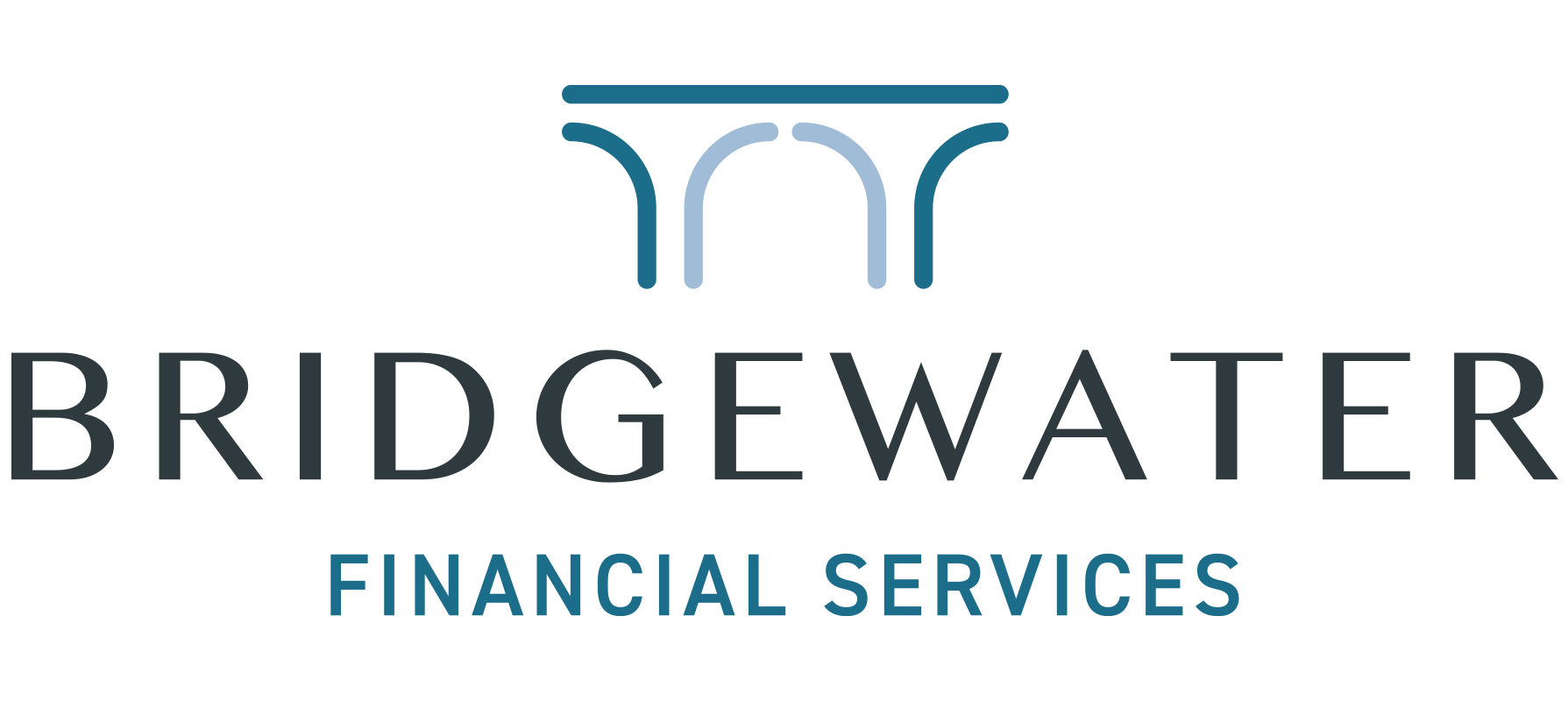This website uses cookies so that we can provide you with the best user experience possible. Cookie information is stored in your browser and performs functions such as recognising you when you return to our website and helping our team to understand which sections of the website you find most interesting and useful.

Trust us to know about Trusts
October 06, 2021 by
HMRC have just introduced some fundamental changes to Trust administration
It’s widely recognised that setting up a Trust is an effective way to minimise estate taxes following death. Not only that, but they can also used to ring-fence assets out of the reach of current or future creditors, or potential divorce settlements that beneficiaries may face once an estate passes to them.
Add to that a Trust’s ability to protect beneficiaries against poor judgement and over spending and you begin to see their growing popularity.
Whatever the reasons for setting up a Trust in the first place, there are now some important changes in the law that you need to be aware of; and that you need to act upon.
Don’t trust to fate – there’s now a legal requirement
On-going concerns regarding large sums of money being easily hidden inside legal vehicles such as Trusts has resulted in Government action. Recently culminating in the implementation of the Fifth Money Laundering Directive, designed to help combat money laundering and the financing of terrorism. Following on from this initiative, HMRC has now updated the Trust Registration Service (TRS).
Prior to this new directive, only a Trust incurring a tax liability such as capital gains tax, inheritance tax, land and building transaction tax (in Scotland) and land transaction tax (in Wales), stamp duty land tax, stamp duty reserve tax and income tax had to be registered. Whilst trusties of other Trusts falling outside these criteria could voluntarily register, these new rules mean that almost all Trusts now need registering with the TRS.
These recent changes in legislation now require trustees to keep and maintain up-to-date written records of all beneficiaries involved in the Trust’s activity. This includes settlors, trusties and beneficiaries as well as trust protectors and anyone else with control over the Trust.
At Bridgwater Financial Services, it’s our understanding that very few Trusts are excluded from the requirement to register on the TRS. These will be those deemed to have a low risk of money laundering. Examples of which would be registered pension schemes, charities and trusts that are established by statute.
However, if a life insurance policy held within a Trust secures a surrender value that can be accessed, then that Trust will need to be registered. This is an especially important point for all trusts holding life insurance policies such as investment bonds, flexible whole of life policies or capital redemption policies.
Trust the goalposts to get moved
Trusts that were previously exempt from registration may find that those exclusions no longer apply. Although it is a complex area with each Trust needing its own careful scrutiny.
For example, any Trust that holds an insurance policy, that will benefit after the death of the individual assured, is excluded from having to register. However that’s only the case where the benefits of the policy are fully paid out, from the Trust direct to the beneficiaries, within two years of death. Any residual benefits, still held within the Trust after two years, would mean the Trust would need to be registered in line with the new legislation.
Any trusts that have not incurred a tax liability will be issued with a Unique Reference Number (URN) following registration. This URN will be required when the trustees need to inform HMRC of a future tax liability, or when trustees may require access to the TRS in the future.
Trust us to help in everyway
Action needs to be taken now to avoid any possible penalties for failing to register before next September’s deadline. Even trustees of those Trusts that are not required to register with the TRS, may wish to do so in order to meet the requirements regarding record keeping.
As always – if you want to set up a Trust, check and future-proof the legality of your current position, or have any other financial questions, then please get in touch. One of our independent team, here at Bridgewater Financial Services will be delighted to help in any way.
Social Care & Wealth Protection
There are some interesting things afoot in the world of personal taxation. With two seemingly separate, but intertwined, taxes that all of us should be thinking about. They are the freeze on Inheritance Tax (IHT) and the 1.25% levy and dividend tax the Prime Minister has just introduced to help fix social care. With hidden connections and implications that could directly affect your estate.
Read moreA good or bad budget for your personal finances?.. Let’s find out!
Rishi Sunak’s pandemic budget was certainly one of history’s more unusual Chancellor’s statements, given the circumstances in which it was delivered. The Chancellor continued to focus his attention on spending in order to help keep the UK economy and businesses afloat, as we slowly come out of the Covid-19 Pandemic. It’s widely accepted that all this spending will somehow have to be paid for further down the line.
Read more
